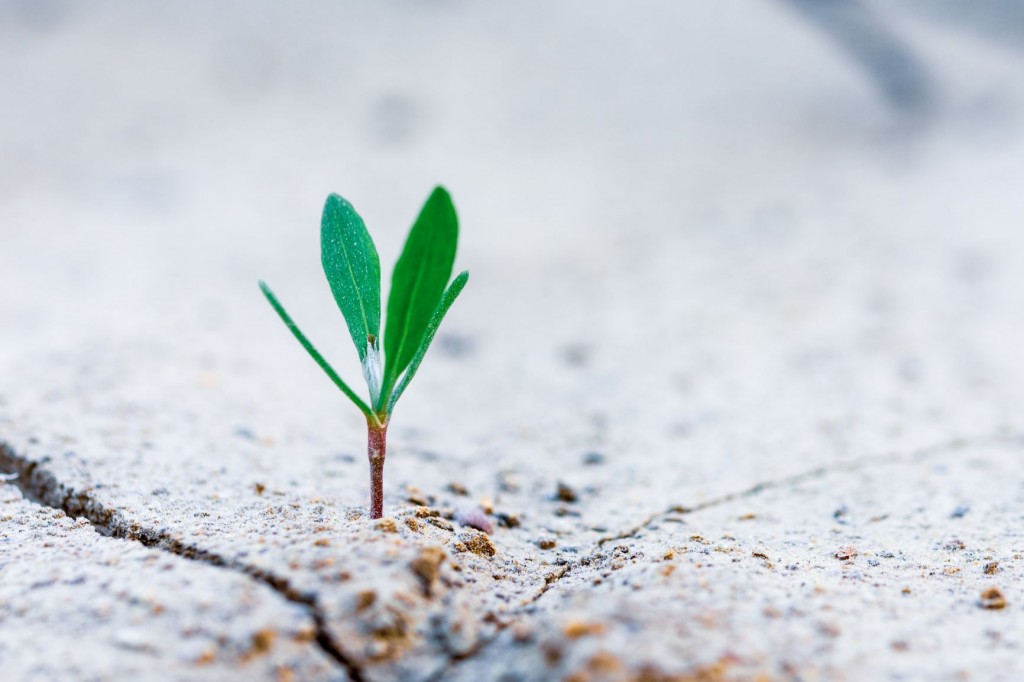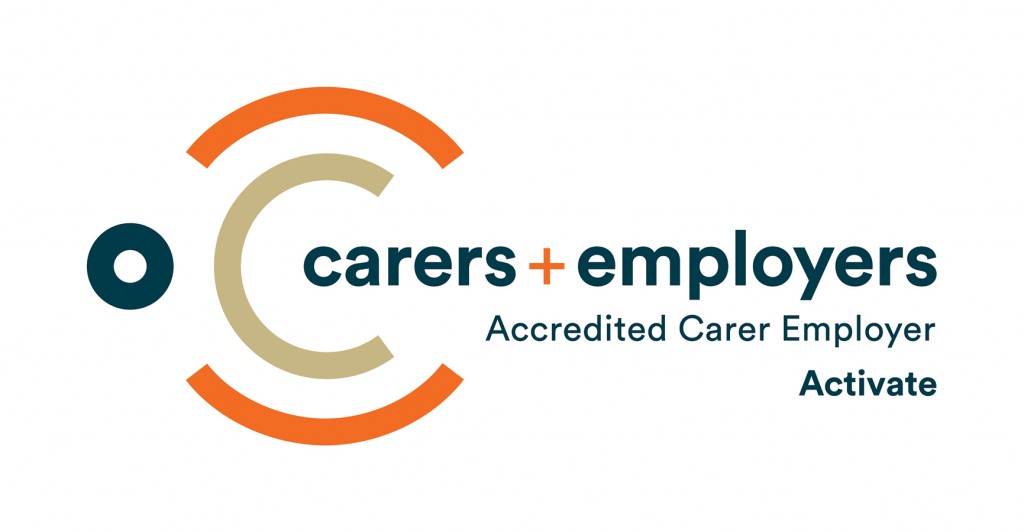
My carer story is one of peaks and troughs. Of mental illness, recovery, re-occurrence and rebuilding.
I care for my husband who has Rapid-Cycling Bipolar Disorder. This means I can oscillate between managing severe depression with suicidal threats through to Manic episodes that if managed incorrectly can result in psychosis including abusive, aggressive, and dangerous risk-taking activities.
Childhood sweethearts, we had it all. Madly in love with an affluent and bright future, we had plans and dreams for our life together. With old fashioned male/female roles, we migrated to Australia at the age of 24 for a fresh start away from the small village lifestyle. With no jobs, money, or roof over our heads, and me being 32 weeks pregnant at the time, my husband worked hard to establish us in a new country.
And then I ‘became’ a carer, responsible for everything, with no acknowledgement, support or understanding. I had lost my soul mate, my protector and my keeper. There were nights of walking the boards wondering where he was and if he was safe.
For years I walked on eggshells 24/7, becoming enmeshed and controlled by the Illness. But after eight years of trauma, including depression and mania, misdiagnosis, incorrect medication causing psychotic episodes, and alcohol abuse that resulted in Police assistance we finally sought help – help that didn’t really help. As a result, I became isolated, lonely, frustrated, and depressed. Aside from work, I shut out the world and battened down the hatches.
Eventually, I broke.
I had no idea the impact everything had been having on me and how fragile I was, however, I found myself breaking down in my GP’s office one day. That was when my GP suggested I have some counselling with a mental health organisation. I had six sessions and attended some workshops on assertiveness, and whilst this was the start of my recovery journey, I felt it still didn’t hit the mark.
And Then I Found MIFWA
Things started to shift for me when I read about MIFWA in the newspaper. I reached out to them, met up with Sam, and from there I joined their Wellways Building a Future Program.
It was during the Building a Future Program where I finally started to feel heard, understood and validated on every level. Spending time with peers who I now call my ‘kindred spirits’, I was given opportunities to discuss openly what I was going through with others going through a similar journey in a safe space. We became a team on a journey together, something I found comforting and empowering.
For me, there was no Number One light bulb moment. It was more of a gradual, gentle process which had a huge impact as I found myself calmer and more equipped to cope with renewed confidence and hope.
Learning more about mental illness, I learned new coping skills and how to separate the person from the illness. This enabled me to ‘see’ my husband again. This helped to renew my empathy, compassion, and hope for the future.
And with a focus on keeping myself well, I was reminded I was a person in my own right and that I was allowed and entitled to do just that, self-care, which was liberating.
My husband and I both explored other services and supports including respite retreats, short workshops, and the Grow group for Carers. We spent about seven years in recovery, focused on wellness, rebuilding and reconnecting during which we found the right supports and got an accurate diagnosis.
‘And with a focus on keeping myself well, I was reminded I was a person in my own right and that I was allowed and entitled to do just that, self-care, which was liberating.’
The Perfect Storm
The wheels fell off again about two and a half years ago during the perfect storm of a series of life stressors, a high-stress work environment, a lack of boundaries and medication which stopped working. And so, we found ourselves starting from scratch – albeit this time with much more experience.
For the last two and a half years my husband has been unwell and unable to work, and if it hadn’t have been for my training and support from peers I don’t think I would have gotten through it this time, as I had lost any hope of recovery or in my husband going back to work.
For my husband, work was his purpose and how he valued himself, and with me now as the sole provider he was feeling shame, embarrassment, and stigma for not being able to work. And so it was back to the drawing board – visiting a psychiatrist on a regular basis, changing medications, and seeking treatment for other health issues (including lupus, ulcerative colitis and medications that counteracted each other in almost disastrous consequences) which highlighted the lack of cohesiveness between physical and mental health services.
For myself, I remained involved with my peers, revisited councilors, and rejoined support groups. And as a family, we pulled together as an integral support to each other, something I don’t believe would have happened without Building a Future, carer services and the trickle down effect these had on our kids.
It’s been tough but the supports we’ve had in place and the way we’ve approached everything this time have helped to pull us through.
This time around my husband is more self-aware and has insight. He is proactive and self-determined every day, right down to getting dressed in his work clothes and working on a daily project. He is determined he is going to recover and go back to work. Our kids have been instrumental in his recovery, in particular our son who is in the same trade as his Dad. He does simple things such as prompting his Dad to go fishing, calling to ask a work question or for advice, asking him to help at work, or even arranging a beer and movie night with Dad. Our daughter is more the emotional listening piece for him. And of course, all of this helps provide their Mum – Me – with a bit of respite as well.
The great news is that my husband is now starting to transition back to work, something that has happened very organically, and we have hung in there because of our love for each other, rebuilding our relationship as a family.
The Challenges of Being a Carer
Being a carer is to witness the person you love go through immense challenges. It is to be expected (often) to provide support to someone with little to no understanding or support whilst battling your own emotional trauma of managing the grief and sadness you are enduring. And it is to let go of the dreams and aspirations you had, to accept and to create a new set of dreams.
When they are well you think ‘this is it’, however when there’s another period of un-wellness and it keeps recurring you feel shocked and disappointed for allowing yourself to feel vulnerable by thinking ‘it was all good’. It hurts more for some reason. There are feelings of grief and ambiguous loss. This is when you need to reevaluate and readjust who you are and what you will do in your life.
Being a carer can also be constant.
You feel as if you are always hyper-vigilant, and that you can never relax, leading to extreme fatigue. It is even more challenging when your cups empty, and this may be a time when you just want out. It’s okay to feel that way. After all, you are human. You want the situation, not the relationship to end.
Life Learning
‘I have learned to expect the unexpected and to adapt and adjust to the moment I am in.’
I have learned to expect the unexpected and to adapt and adjust to the moment I am in. This means I go into planning with a lot of flexibility, an open mind and an understanding that things could change at the drop of a hat. I also try to be diligent and observant, to be patient, present and actively listen and to not make assumptions.
I have also learned to have trust when times are tough, and to indulge and lap up every single minute of wellness.
A big part of our recovery journey has been to find something that reconnects us and is a hobby both of us get equal pleasure from. For us it was to be away from people in remote locations, enjoying nature, 4 wheel driving, watching sunsets and fishing. Once in the Kimberley’s, we found ourselves watching a sunset at Mt Hart Station and feeling grateful for coming out of the journey still together – something five years previous we wouldn’t have thought possible.
A Thank You
If it were not for MIFWA I wouldn’t be where I am today. It has led to a new career with MIFWA in supporting Carers like me, as well as personal development opportunities.
It has also opened doors and connections, and I have found comfort in being with peers and people with similar lived experiences.
Most importantly I feel I am in a safe place so if the wheels do come off, I am in a place where I know I am going to get the support I need.
Wellways Building a Future
Our award-winning Wellways peer education programs have made a difference in many families’ and carers’ lives. They are a great way to find mutual support and work through the issues you may have experienced. Learn more.
Share


